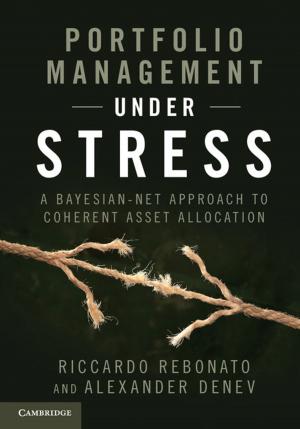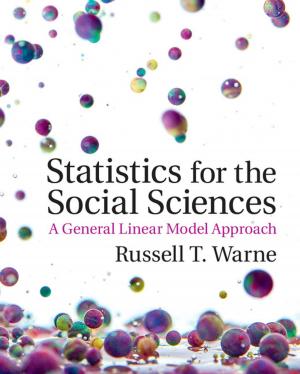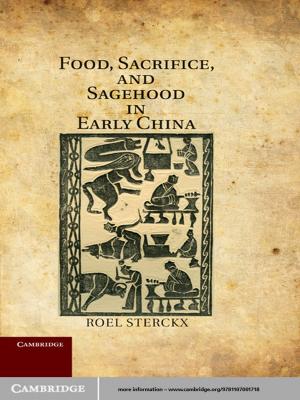Reading the Bible Theologically
Nonfiction, Religion & Spirituality, Bible & Bible Studies, New Testament, Study| Author: | Darren Sarisky | ISBN: | 9781108751919 |
| Publisher: | Cambridge University Press | Publication: | January 17, 2019 |
| Imprint: | Cambridge University Press | Language: | English |
| Author: | Darren Sarisky |
| ISBN: | 9781108751919 |
| Publisher: | Cambridge University Press |
| Publication: | January 17, 2019 |
| Imprint: | Cambridge University Press |
| Language: | English |
Theological interpretation of the Bible is one of the most significant debates within theology today. Yet what exactly is theological reading? Darren Sarisky proposes that it requires identification of the reader via a theological anthropology; an understanding of the text as a collection of signs; and reading the text with a view toward engaging with what it says of transcendence. Accounts of theological reading do not often give explicit focus to the place of the reader, but this work seeks to redress this neglect. Sarisky examines Augustine's approach to the Bible and how his theological insights into the reader and the text generate an aim for interpretation, which is fulfilled by fitting reading strategies. He also engages with Spinoza, showing that theological exegesis contrasts not with approaches that take history seriously, but with naturalistic approaches to reading.
Theological interpretation of the Bible is one of the most significant debates within theology today. Yet what exactly is theological reading? Darren Sarisky proposes that it requires identification of the reader via a theological anthropology; an understanding of the text as a collection of signs; and reading the text with a view toward engaging with what it says of transcendence. Accounts of theological reading do not often give explicit focus to the place of the reader, but this work seeks to redress this neglect. Sarisky examines Augustine's approach to the Bible and how his theological insights into the reader and the text generate an aim for interpretation, which is fulfilled by fitting reading strategies. He also engages with Spinoza, showing that theological exegesis contrasts not with approaches that take history seriously, but with naturalistic approaches to reading.















